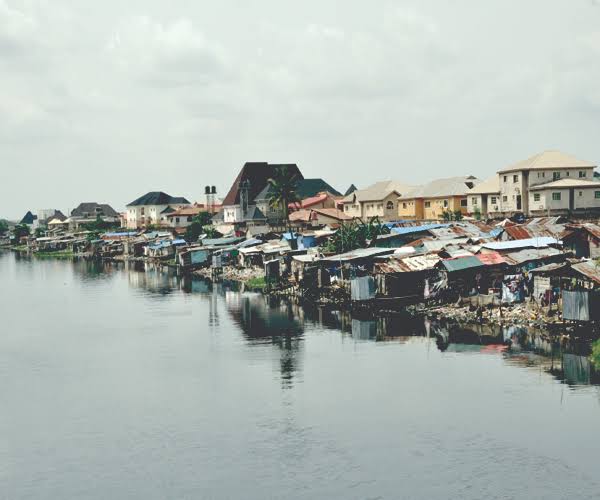The Lagos Lagoon Climate Response Project, a non-governmental organization, has embarked on a multifaceted initiative called “Lagos Lagoon Chronicles” to address the interconnected challenges of healthcare, education, and environmental sustainability in waterside communities around the Lagos Lagoon. This comprehensive project aims to empower these communities, particularly those along the Epe axis, by fostering better water management practices, improving sanitation, and enhancing access to quality healthcare and education for children. The culmination of these efforts is an art exhibition at the National Museum, Lagos, showcasing the vibrant culture of the region and the project’s positive impact.
The art exhibition, a central element of the Lagos Lagoon Chronicles, serves as a platform to amplify the voices and stories of the communities involved. Thirteen artists, immersed in the beauty and daily life of Epe, have created artworks that capture the essence of the region and its inhabitants. These artistic expressions will be displayed alongside practical applications of the project’s sustainability efforts, featuring crafts and interior design objects fashioned from water hyacinths by artisans trained through the initiative. This dual approach not only celebrates the artistic talent within the community but also highlights the innovative ways in which local resources can be utilized for economic empowerment and environmental remediation.
The exhibition’s opening ceremony promises to be a vibrant celebration of the project’s achievements, featuring diverse performances by children from Ejirin, Crown Troupe Africa, and Bariga, along with contributions from performance artists Uche Enechukwu and Rasheed Ibrahim. The premiere of a documentary titled “Lagos Lagoon Chronicles” will further illuminate the project’s journey and impact. A free art workshop tailored for children aged 5 to 12 is also scheduled, nurturing creativity and providing a platform for artistic expression among the younger generation. These events showcase the project’s commitment to community engagement and its recognition of the power of art to inspire and educate.
Beyond the artistic showcase, the Lagos Lagoon Chronicles initiative has demonstrated significant progress in addressing crucial healthcare needs within the target communities. Collaborating with MitiMeth, the project has trained over 200 individuals in transforming the invasive water hyacinth into valuable crafts and biochar, demonstrating a commitment to sustainable resource management and income generation. Simultaneously, over 2,000 people have received urgent health advice, with particular attention given to vulnerable groups, underscoring the project’s commitment to inclusive healthcare provision. Partnerships, such as the one with the Sickle Cell Foundation Nigeria, have enabled the education of 1,000 young people on this prevalent health concern.
The project’s healthcare initiatives extend to comprehensive dental and eye care services, reaching over 600 individuals with dental treatment and providing ophthalmological care to more than 300 people. These interventions demonstrate a holistic approach to health, recognizing the interconnectedness of various health needs within the community. By addressing these often-overlooked aspects of healthcare, the project is significantly improving the overall well-being of the residents.
The Lagos Lagoon Climate Response Project exemplifies a long-term vision of sustainable development, prioritizing community ownership and empowerment. Project Director Bolaji Alonge emphasizes that the project’s goal transcends simply providing material resources; it aims to bridge the gap between tradition and modernity, connecting local aspirations with global opportunities. This approach empowers the people of Epe to be active participants in their own development while preserving their unique cultural identity. By building upon past successes, such as the 2020 “Greener Pastures” exhibition, which highlighted the challenges faced by coastal communities, the project is forging a path towards a brighter future for the region. The concerted efforts to address healthcare, education, and environmental issues demonstrate a commitment to holistic and sustainable development. The strategic intervention points in Oriba, Ejirin, and Saga exemplify the project’s focus on reaching even the most remote communities. Responding to the scabies outbreak in Saga through treatment, hygiene education, and continuous monitoring highlights the responsiveness and adaptability of the project. The first-ever sickle cell screening conducted in the entire riverine community, encompassing over 1,000 children, demonstrates the project’s commitment to proactive healthcare interventions. The widespread dissemination of health messages underscores the importance of awareness-raising and behavioural change in achieving sustainable health outcomes. The project’s comprehensive approach, incorporating routine screenings for various health indicators, aligns with the Sustainable Development Goals, particularly SDG 6, which advocates for accessible and affordable health services.














